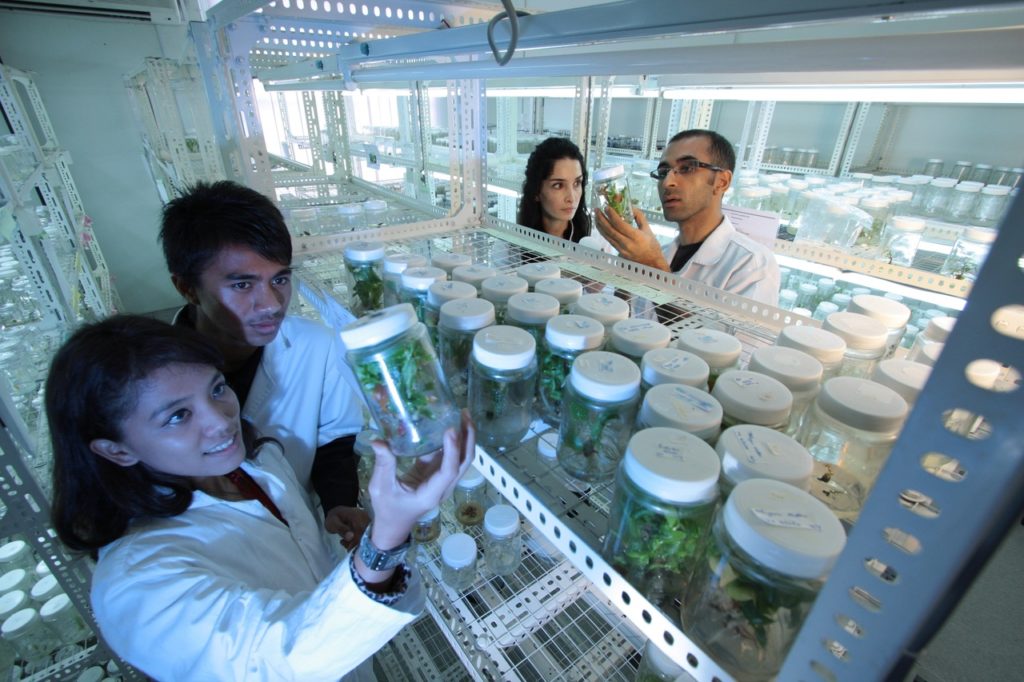The public in Flanders has a high degree of trust in science, and recognises the benefit of science and research, but also has less trust in scientists themselves.
That’s the main result of the so-called Science Barometer, published today by the Flemish government’s department of economy, science and innovation (EWI).
Nine out of ten respondents said they recognised the good of science and research, a figure than dropped slightly to 75% even when the research had no immediate application. The figure was particularly high among business owners, at 98%.
But while 70% said they trusted in science, only 40% said they could trust what scientists have to say. At the same time, only 55% said they believe scientists work according to strict rules of procedure.
65% said they themselves were interested in science, and the more educated a person is, the more likely they are to respond positively. The numbers are in line with the results of 2018, when the first Science Barometer was published.
There are clear differences between the sexes. Men swing more towards computers, politics technology, economics, chemistry and physics. Women show a preference for medicine, psychology, language and art.
Young people show a preference for psychology and physics, while the less well-educated prefer computers and medicine.
Seven out of ten respondents expressed support for science to be backed by the government. And while 43% said they would like to have some say in what research was carried out, only 33% said they would actually like to be scientists themselves.
The poll was carried out by iVox in November and December last year with 1,300 respondents representative of the population. In addition, 235 business owners, 338 teachers, 928 parents and 546 students were also polled.
Flemish minister for science Hilde Crevits (CD&V) intend to have another poll carried out this year, by which time the impact of the coronavirus on public opinion will be evident.
Alan Hope
The Brussels Times

